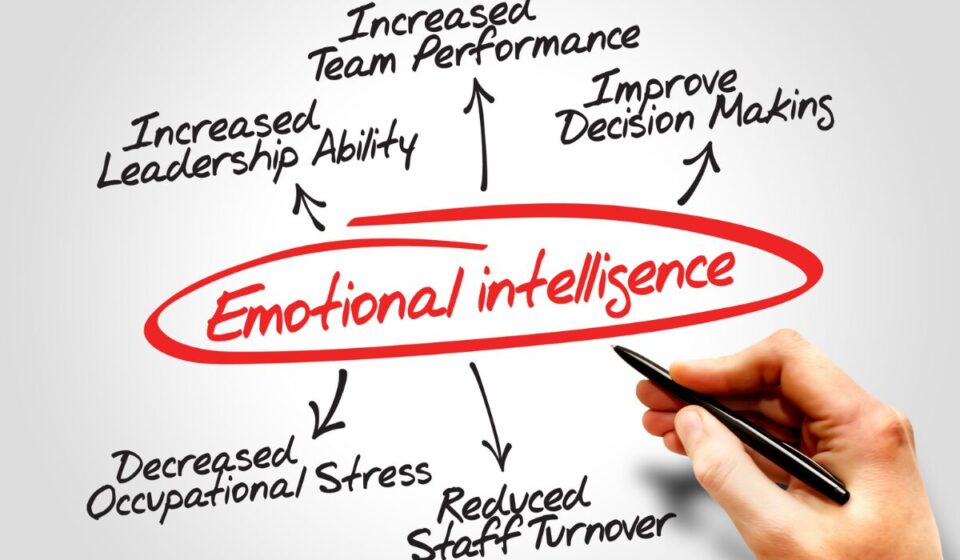In today’s fast-evolving business landscape, emotional intelligence (EQ)—the ability to recognize, manage, and influence emotions—is emerging as a cornerstone of effective leadership. While technical skills and strategic thinking remain essential, EQ is proving critical for managing diverse teams, driving success, and adapting to 2025’s complex challenges. With workplaces shifting toward collaboration and empathy, leaders who master this skill are outperforming their peers, delivering measurable results in engagement and growth. This article explores why EQ matters and how it’s reshaping leadership.
Why EQ is Rising
Gone are the days when raw intellect (IQ) alone defined a great leader. A 2024 Harvard Business Review study found 85% of leadership success now ties to interpersonal skills, with EQ at the forefront. Why? Modern teams—spanning generations and often remote—crave trust and purpose over rigid directives. TalentSmart research shows leaders with high EQ boost employee retention and revenue by 20%, a gap widening as AI handles technical tasks, leaving human connection as the differentiator.
How EQ Works in Leadership
Psychologist Daniel Goleman breaks EQ into five components, each vital for leading effectively:
- Self-Awareness: Leaders who know their strengths and triggers—like a CEO stepping back to let others speak—build authenticity that earns respect.
- Self-Regulation: Staying calm during a crisis, such as a missed deadline, sets a steady tone for the team.
- Motivation: Passionate leaders, like Satya Nadella at Microsoft, inspire beyond paychecks, aligning teams with a shared vision.
- Empathy: Sensing a team member’s burnout and offering support fosters loyalty in a workforce that values care.
- Social Skills: Resolving conflicts and uniting diverse groups, as seen in Google’s collaborative culture, drives innovation.
Real-World Impact
Picture a product launch delay: a low-EQ leader might blame the team, tanking morale. An emotionally intelligent one acknowledges effort, pivots, and keeps momentum—boosting engagement by 30%, per Gallup 2024. In the C-suite, 60% of Fortune 500 firms now assess EQ in hiring, per Korn Ferry 2025, recognizing its role in stakeholder trust and crisis management.
Why Now?
Remote work and rapid change amplify EQ’s importance. Virtual settings obscure cues, requiring leaders to sense tension through a screen. With 40% of employees citing poor leadership as a quit factor (McKinsey 2024), EQ retains talent amid ongoing turnover trends. It’s the glue for hybrid teams and a buffer against economic uncertainty.
Challenges and Growth
EQ isn’t universal—some leaders resist vulnerability or over-empathize, stalling decisions. Yet it’s trainable. Companies using feedback and mindfulness see gains in team performance. The payoff? A leader who connects, not just commands.
The Bottom Line
In 2025, EQ turns strategy into action. From Nadella’s Microsoft turnaround to everyday managers fostering trust, emotionally intelligent leaders don’t just succeed—they redefine success. For businesses, investing in EQ isn’t optional—it’s the future of leadership.


